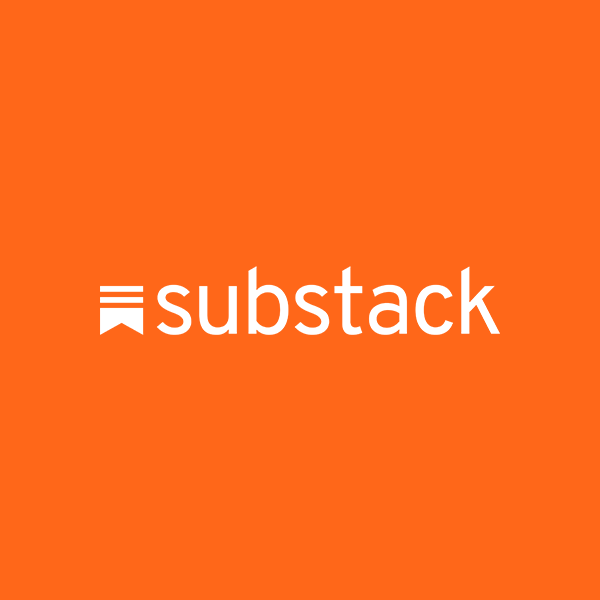Data driven innovation:if you build it they will come
In the EU we are often accused of having big government and public sector; spending too much; collecting too much information etc. But there may be a silver lining to it.

In the globalized competition among the states, of course it is important to improve the level of services, cut costs and reduce the red tape. But it is also important to make the best out of the situation. Which is that the public sector is sitting on a treasure of data which costs taxpayer money to collect and maintain and in many cases citizen effort to provide.
Therefore it would be wise to make sure the data is either put to use or stopped being collected.
It is highly unlikely that the governments would come with the only and the brightest ideas on what to do with that data. On the contrary, the growth around the internet has shown the tremendous potential of innovation in the private sector and the academia.
Zagreb Summit
In the beginning of December I took part at a Summit “Data Driven Innovation in Southeast Europe“. It was organized by several organizations from the region and Google in Zagreb, Croatia. Members of governments, academia, civil societies and businesses from the region met to exchange best practices and discuss the innovation strategy. Innovation that should be based around data openly provided by the public sector.
While Slovenia is also a Central European country, it shares a long common history and therefore institution types and public-sector culture with former Yugoslav republics. There are plenty of opportunities to collaborate and borrow solutions from each other.
A whitepaper summarized the initiative and best practices. The message from Slovenia was very clear – “if you build it, they will come“. If you build open access to open public data, developers and innovators will come and create services and apps on top of that.
They will create services which are useful to the citizens. But not only directly useful ones, such as live traffic information. They would create services that would make the publicly available data easier to access and understand.
By doing that they would contribute to the transparency and public oversight of that the people have over their governments and public sector that they fund. And thereby indirectly contribute to its quality.
More information in the PressRelease and the Whitepaper.
